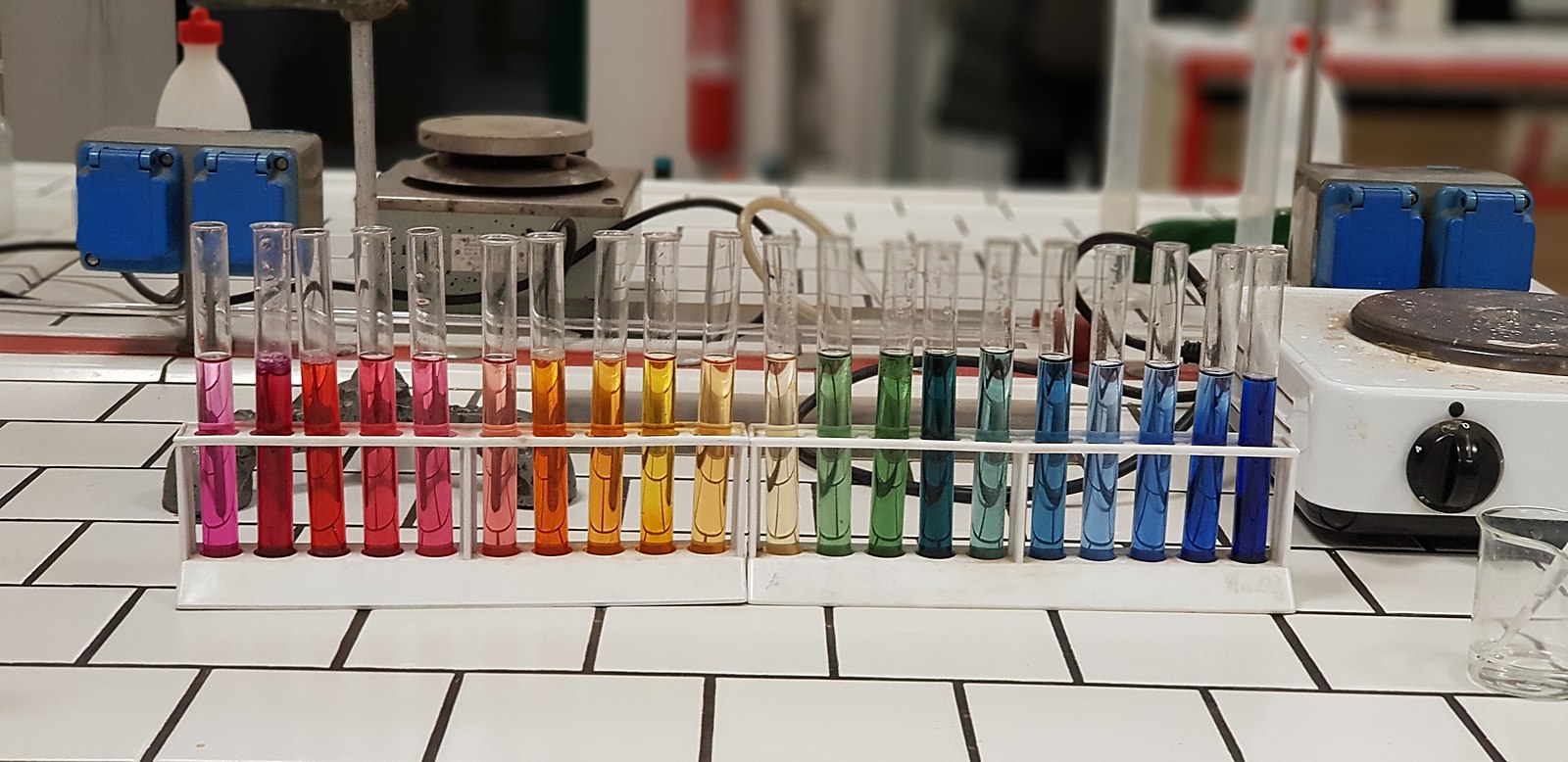The pH value of tap water in France typically ranges from 6.5 to 8.5, which is considered safe for consumption. This range ensures that the water is neither too acidic nor too alkaline, making it suitable for most individuals. However, personal preferences and sensitivities may vary, and some people might prefer water with a specific pH level.
Rigorous Testing and Monitoring
Tap water in France undergoes rigorous testing and monitoring to ensure its safety and quality. Eau de Paris, the water utility company responsible for supplying water to the city of Paris, conducts more than 300 parameters of microbiological or physico-chemical analyses each year to ensure health monitoring and guarantee the irreproachable quality of the water supplied to Parisians. This includes testing for the following:
| Parameter | Description |
|---|---|
| Calcium | Essential mineral for bone health |
| Magnesium | Supports muscle and nerve function |
| Sodium | Regulates fluid balance in the body |
| Potassium | Helps maintain normal blood pressure |
| Bicarbonates | Contribute to the buffering capacity of water |
| Sulphates | Naturally occurring mineral compounds |
| Chlorides | Necessary for proper nerve and muscle function |
| Nitrates | Can be a concern in high concentrations |
| Fluorine | Promotes dental health when present in optimal amounts |
| Total Mineralization | Measure of the overall mineral content of the water |
Addressing Contaminants
Contaminants that can alter the quality of tap water in France include natural contaminants such as arsenic or certain radionuclides, which are naturally present in the subsoil of certain regions and can pose long-term health problems. Microbiological quality is also essential to ensure water safety, as the presence of micro-organisms can indicate contamination at various levels.
To address these concerns, the water utility companies in France employ various treatment methods, such as:
- Filtration: Removing particulates, sediment, and other contaminants through physical filtration processes.
- Disinfection: Eliminating harmful microorganisms through the use of chlorine, ozone, or UV light.
- Softening: Reducing the hardness of the water by removing calcium and magnesium ions.
- pH Adjustment: Ensuring the water’s pH falls within the safe range through the addition of acids or bases.
Transparency and Access to Information
Transparency is crucial in ensuring the public’s trust in the quality of tap water. In France, everyone can access data on the quality of their local water via dedicated platforms or the annual reports of water distributors. This information includes details on the pH, mineral content, and any detected contaminants.
Additionally, water purifiers and filtration devices are available to improve the quality of tap water, addressing growing concerns about its purity. These devices can further refine the water, removing additional impurities and adjusting the pH to individual preferences.
Conclusion
The pH value of tap water in France generally falls within a safe range for consumption, typically between 6.5 and 8.5. The water undergoes rigorous testing and monitoring to ensure its safety and quality, with a focus on addressing potential contaminants. Transparency and access to information are essential, and water purifiers and filtration devices are available for those who wish to further improve the quality of their tap water.
References:
– Travel Stack Exchange: Is the Tap Water in France Safe to Drink?
– Eau de Paris: Water Quality
– La Vie: Tap Water Quality in France: Everything You Need to Know

